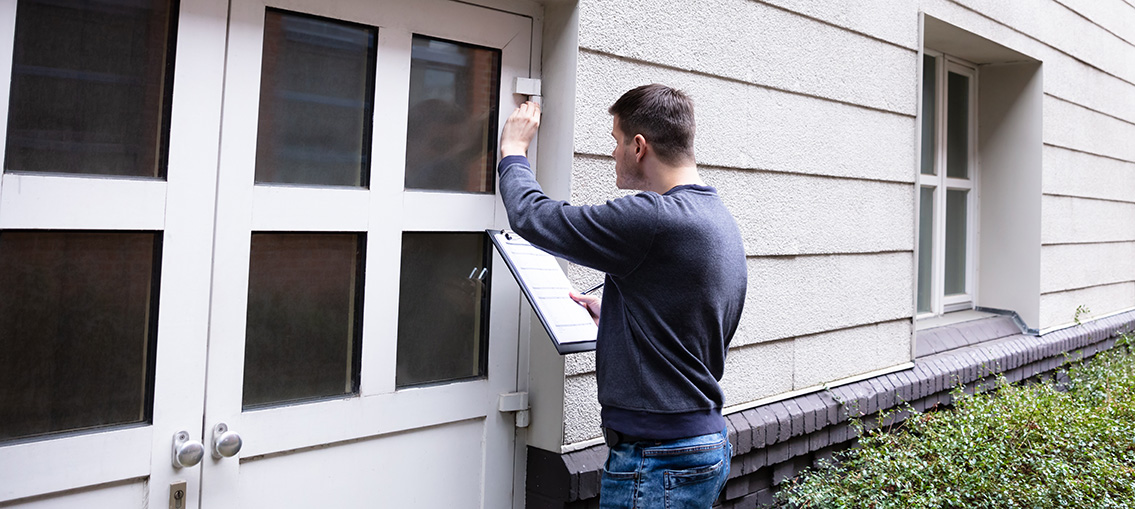
Whether you’re thinking of buying a new home or preparing to sell your current one, a home inspection is an essential step in the process. It’s important to make sure everything is in order and that no unexpected issues arise after the deal has been settled. To make sure this happens, it’s best to have a comprehensive checklist that covers all aspects of a home inspection. In this blog post, we’ll go over the complete home inspection checklist so you can stay prepared for any eventuality!
What to Look for During a Home Inspection
A home inspection should be thorough and leave no stone unturned. Here are some of the key things to look out for:
Foundation and Structure – Inspect the foundation for any cracks, water damage or tilting/settling. Check that walls are straight and secure, and that the roof is in good condition without any leaks or damage.
Plumbing – Test all faucets, sinks, showers, and toilets to ensure proper functioning. Check for any leaks under sinks or behind toilets and that the drains are clear. Inspect the water heater for corrosion or leaks.
Electrical – Ensure all outlets, switches, and fixtures are working properly. Check for any exposed or frayed wires and that the circuit breaker is clearly labeled.
Heating and Cooling – Test that the HVAC system is fully functional, including any vents or air filters. Note the age and condition of the units.
Appliances – Inspect all major appliances to confirm they are working properly, not making any strange noises, and don’t show signs of heavy wear or damage.
Interior – Check floors, walls, and ceilings for any damage, mold, or water leaks. Open and close all doors/wind
ows to ensure proper operation. Test any fireplace or wood-burning stove.
Exterior – Inspect siding and trim for any damage or necessary repairs/repainting. Check that gutters and downspouts are cleared of debris and draining properly away from the foundation.
Tips on How to Prepare Your Home for an Inspection
1. Clean up the exterior of your home and make sure it looks presentable
2. Check for any visible signs of damage, such as cracks in the foundation or siding
3. Clear gutters and downspouts to ensure proper drainage away from the house
4. Test all faucets, sinks, showers, and toilets to ensure they’re working properly
5. Inspect the water heater for corrosion or leaks
6. Ensure all outlets, switches, and fixtures are working properly with no exposed wires
7. Test that the HVAC system is fully functional with no strange noises coming from vents or air filters
8. Inspect major appliances to confirm they are functioning correctly without heavy wear or damage
Benefits of Having a Comprehensive Home Inspection Report
Having a comprehensive home inspection report is essential in ensuring that all aspects of a property are safe, secure, and functioning correctly, visit www.theinspectorscompany.com. It can also provide invaluable peace of mind for both buyers and sellers when it comes to making one of the largest investments of their lives.
For buyers, having a home inspection ensures that any unexpected issues with the property are disclosed before the purchase. And for sellers, a home inspection can help them prepare their house to be in top condition when it goes on the market, potentially increasing its resale value.
Now that you have a complete home inspection checklist, you can stay prepared for any eventuality and make sure that your next real estate transaction is a success! With careful preparation and attention to detail, you can be sure that your home buying or selling process is stress-free. Good luck!
